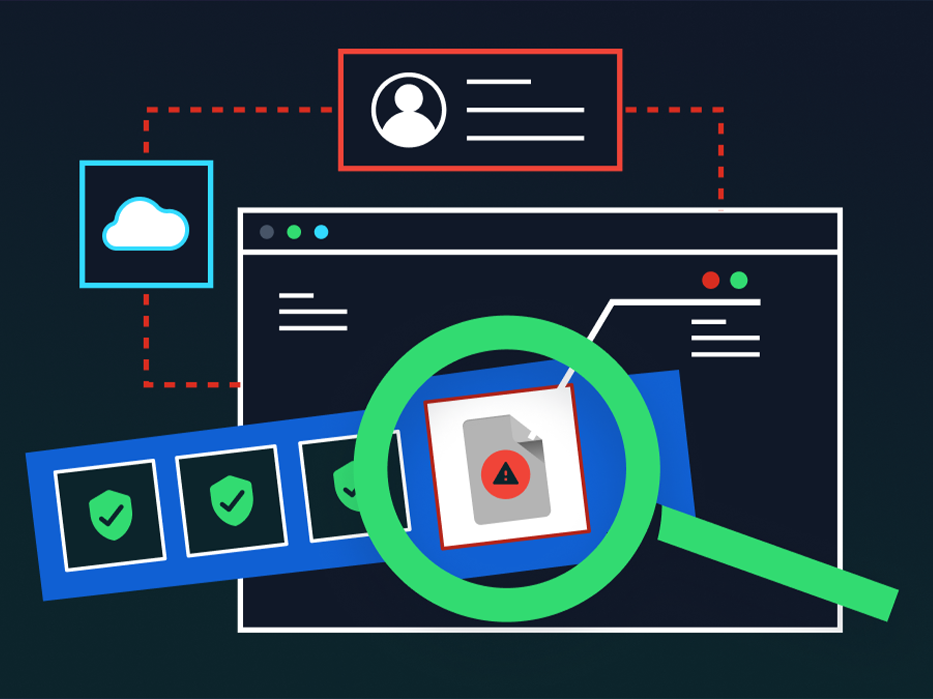In today’s digitally-driven world, cybersecurity has emerged as a critical concern for businesses of all sizes and across all industries. As organizations increasingly rely on technology and digital systems to conduct their operations, the risk of cyber threats and attacks has grown exponentially. Cybersecurity is not just a technical issue but a fundamental business concern that affects a company’s reputation, financial health, and overall operational capability. This article explores the importance of cybersecurity in businesses and why it should be a top priority for every organization.
Protecting Sensitive Data
One of the primary reasons cybersecurity is crucial for businesses is to protect sensitive data. Businesses handle a vast amount of confidential information, including customer data, financial records, intellectual property, and employee details. A data breach can lead to the exposure of this sensitive information, resulting in severe consequences such as identity theft, financial loss, and legal liabilities.
- Customer Trust: Customers trust businesses with their personal information, and a breach can severely damage this trust. Ensuring robust cybersecurity measures helps maintain customer confidence and loyalty.
- Regulatory Compliance: Many industries are subject to stringent data protection regulations, such as GDPR, HIPAA, and CCPA. Non-compliance due to inadequate cybersecurity can result in hefty fines and legal actions.
Ensuring Business Continuity
Cyberattacks can disrupt business operations, leading to significant downtime and loss of productivity. Ensuring business continuity is one of the critical aspects of cybersecurity.
- Preventing Downtime: Cyber threats like ransomware can lock down critical systems and data, halting business operations. Effective cybersecurity measures help prevent such disruptions and ensure smooth operations.
- Disaster Recovery: Having a robust cybersecurity strategy includes disaster recovery plans that enable businesses to quickly restore operations after an attack, minimizing downtime and financial loss.
Financial Protection
Cyberattacks can be costly, not just in terms of direct financial loss but also due to the costs associated with responding to the attack, recovering data, and implementing additional security measures.
- Cost of Breaches: The financial impact of a data breach can be enormous, including costs related to legal fees, regulatory fines, customer compensation, and loss of business.
- Insurance Premiums: Businesses with robust cybersecurity measures may benefit from lower insurance premiums, as they are perceived to be at lower risk of cyber incidents.
Safeguarding Reputation
A company’s reputation is one of its most valuable assets. Cybersecurity breaches can severely damage a business’s reputation, leading to loss of customers and decreased market value.
- Public Perception: News of a data breach can lead to negative publicity and loss of customer trust. Businesses that prioritize cybersecurity are more likely to maintain a positive public image.
- Competitive Advantage: Companies known for their strong cybersecurity practices can differentiate themselves from competitors, attracting customers who prioritize security.
Protecting Intellectual Property
For many businesses, intellectual property (IP) is a key asset. Cyberattacks targeting IP can result in the theft of trade secrets, patents, and proprietary information, potentially undermining a company’s competitive edge.
- Innovation Protection: Ensuring cybersecurity helps protect the innovations and proprietary technologies that give businesses a competitive advantage.
- Market Position: By safeguarding IP, businesses can maintain their market position and prevent competitors from gaining access to valuable information.
Mitigating Legal Risks
Failing to implement adequate cybersecurity measures can expose businesses to significant legal risks, including lawsuits from affected parties and penalties from regulatory bodies.
- Legal Liability: Businesses may face lawsuits from customers, partners, and employees whose data has been compromised due to inadequate cybersecurity.
- Regulatory Penalties: Non-compliance with data protection regulations can result in severe financial penalties and legal actions.
Enhancing Customer Confidence
Customers are increasingly aware of cybersecurity issues and prefer to engage with businesses that demonstrate a commitment to protecting their data.
- Building Trust: Strong cybersecurity measures reassure customers that their data is safe, building trust and fostering long-term relationships.
- Customer Retention: Businesses that invest in cybersecurity are more likely to retain customers who value data protection and privacy.
Adapting to the Evolving Threat Landscape
Cyber threats are constantly evolving, with attackers developing new methods to breach systems and steal data. Businesses must continuously adapt to these changing threats by implementing robust cybersecurity strategies.
- Staying Ahead of Threats: Regularly updating cybersecurity measures and staying informed about the latest threats helps businesses stay one step ahead of cybercriminals.
- Proactive Defense: A proactive approach to cybersecurity, including threat detection and response, helps mitigate risks before they can cause significant damage.
Conclusion
The importance of cybersecurity in businesses cannot be overstated. Protecting sensitive data, ensuring business continuity, safeguarding financial assets, and maintaining reputation are just a few of the many reasons why cybersecurity should be a top priority for every organization. As cyber threats continue to evolve, businesses must remain vigilant and proactive in their cybersecurity efforts to protect their assets, customers, and overall operational integrity. By investing in robust cybersecurity measures, businesses can not only mitigate risks but also build trust, ensure compliance, and maintain a competitive edge in the digital age.





